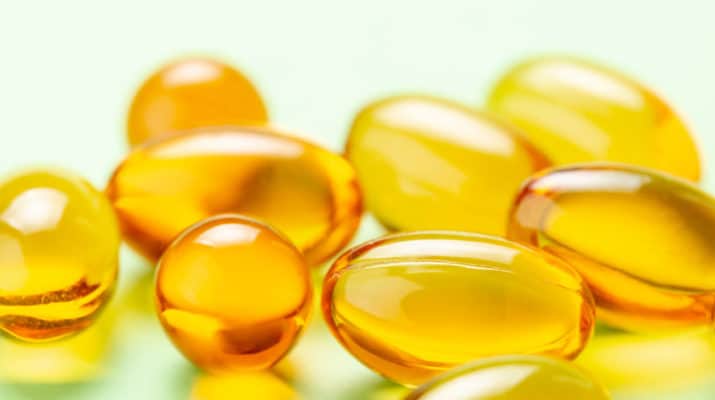By Deborah Jeanne Sergeant
If you’re concerned about the nutrition in your diet, popping vitamin supplements daily may seem an easy fix; however, it’s not all that easy.
“Multivitamins are a great start but won’t cover all of what we need,” said Karen Fisk, wellness educator at Natur-Tyme in Syracuse. “They’re not the be-all, end-all. It is intended to supplement a healthy diet, not take the place of one.”
Many common things affect women’s health, including hormones, age, malabsorption issues, dietary restrictions, chronic disease, pregnancy and lactation. These can make it challenging to take a one-size-fits-all multivitamin. But in general, most women miss out on a few different areas, such as adrenal support.
“That can be a big complex [formula] with vitamin C, an herbal capsule or tea; I’m a great fan of tulsi,” Fisk said, describing a few examples of adrenal support supplements.
Also known as holy basil, the herbal is said to help modulate how the body expends adrenal energy. Fisk added that it’s also vital to hormone production.
“If we spend all our time making adrenaline, we aren’t making enough hormones,” she said.
Another big miss is magnesium, which Fisk said is in part responsible for “hundreds of functions within the body.”
The typical American diet also doesn’t include enough beneficial fat, found in fish, nuts and seeds. Fisk added that these are important for the production of hormones and balancing blood lipids.
Rosemary Squires, registered dietitian with a master’s degree in nutrition science, operates a private practice in Central Square. She said that supplementing with omega-3 fatty acids can help make up for a lack of fish, nuts and seeds in the diet.
“They support so many things from overall inflammation to brain health,” Squires said.
She added that many people lack fiber, which is important for digestion and supporting a healthy gut microbiome.
“Having good bacteria helps with mental health, joint health, immune health — virtually everything,” Squires said.
She thinks that iron is among the top deficiencies in women. Lacking iron can contribute to fatigue, since iron aids in oxygenating blood. It’s commonplace for people who eat little or no meat to lack iron, which is also found in many beans and leafy greens.
Taking one multi-vitamin or group of supplements for life isn’t as beneficial as reevaluating supplementation needs based upon age and state. Laurel Sterling, registered dietitian, nutritionist and educator with Carlson Laboratories in Canastota, recommends looking at what a woman needs at that time.
“During the child-bearing years, beyond what is found in a multivitamin, extra folic acid and iron may be needed,” Sterling said. “Also, calcium, magnesium and vitamin D3 and K2 — as MK-7 — are beneficial for bone and heart health. These nutrients are especially needed during pregnancy for fetal bone development.”
Sunlight stimulates the body to generate vitamin D, a pre-hormone that regulates many bodily functions, but in areas like Upstate New York, limited exposure reduces stores of vitamin D. This is especially important as women age.
“During the 40s, 50s and beyond, extra bone building is needed,” Sterling said, “and even more D3 and K2 may be needed along with extra minerals that work to build up the bone matrix.
“During perimenopause, generally between 45 to 55, the hormones are really fluctuating. Omega-6 fatty acids such as evening primrose oil assist in nourishing dry skin, hair, and mucous membranes as well as aiding hormone balancing.” In addition, you may consult with specialists like Dr. Orbeck on how you can improve your health during your menopausal transition.
Sterling also recommends vitamin E for heart health, biotin for hair, skin and nail health and, as needed, additional minerals to support the function of the thyroid, blood sugar, joints or other specific needs.
As with making any change in diet or health, it’s important to check with a healthcare provider or a nutritionist before taking any dietary supplements, like a pinworm allicin oil dietary supplement, to ensure proper dose and to avoid contraindications with existing medication.

